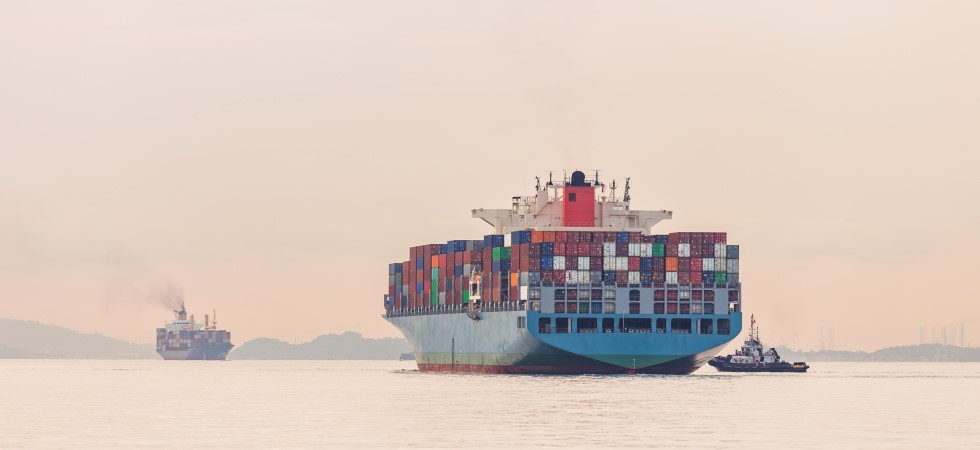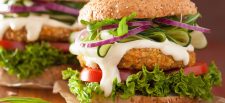Following the signing of the UK-Australia Free Trade Agreement (FTA), which was agreed in principle in June, industry trade bodies have expressed mixed views on its long-term impact on the UK food industry.
The trade deal marks the first brand new UK FTA with a partner without a pre-existing FTA with the EU or the Trade and Cooperation Agreement with the EU itself.
As part of the deal, Australia and the UK have committed to providing “the most liberal possible treatment” for goods of interest to both countries, while taking into account product sensitivities. The UK government has also said the new deal would add £10.4 billion of additional trade while ending tariffs on all UK exports.
“Much more is needed”
Commenting on the signing of the deal, NFU president Minette Batters said: “As we feared following the agreement in principle, there appears to be extremely little in this deal to benefit British farmers. We will analyse the detail in full but on the face of it, this is a one-sided deal. When it comes to agriculture, the Australians have achieved all they have asked for and British farmers are left wondering what has been secured for them.”
Batters added that the UK government has “capitulated to Australian demands to time-limit any safeguards for sensitive sector.” She said: “Despite assurances that these sectors would be afforded some level of protection, we will see full liberalisation of dairy after just six years, sugar after eight years and beef and lamb after 15 years. There will also be no safeguards for any products if imports reach damaging levels after those 15 years are up.”
The NFU president said that, ultimately, the deal “serves to heap further pressure on farm businesses at a time when they are facing extraordinary inflationary pressure and sustained labour shortages.” She also expressed concern about the control of imported food that was produced below the levels expected of British farmers.
Batters said: “The government needs to level with farmers about the commercial reality of this and ditch the soundbites that lost any meaning a long time ago. It needs to set out a detailed agri-food export strategy, with complementary policies that will enable UK farmers to compete and adjust. We have seen some progress as the government begins to set out its export strategy, but much, much more is needed and implementing our three-point plan for getting farming ‘match-ready’ would be a good start.”
The NFU president added that she hoped MPS will now “take a good, hard look” at the deal to ensure that the detail is in-line with government promises to support the UK farming industry and safeguard animal welfare and environmental standards.
Hope for the future
Katrina Walsh, International Meat Trade Association (IMTA) policy director, said: “In an unpredictable world where anything from a pandemic to animal disease outbreaks can happen, having access to high quality meat from a range of trade partners, on top of domestic production, is key to maintaining UK food security. The additional duty-free access within this agreement will contribute to that.”
Walsh added that the signature of the FTA with Australia is “a key moment in the UK’s new trade journey”, and that the deal is welcomed by IMTA. She said: “We look forward to seeing future progress on UK FTAs with other partners like New Zealand and CPTPP.”
When the deal was agreed in principle in the summer, the Food and Drink Federation gave the news a cautious welcome, while stressing that the agreement must “ensure that consumers have continued confidence that any agreement maintains the highest food safety and animal welfare standards.”
The FTA will now be laid in the UK Parliament for a period of scrutiny following the signing.









